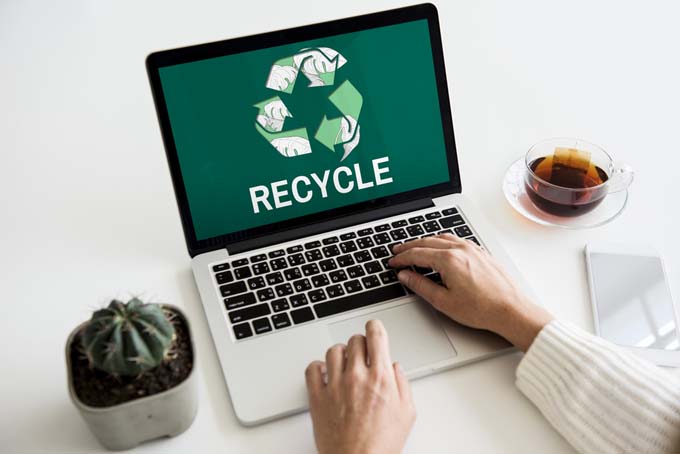Label against littering
From May 2017, the No Litter label will identify cities, municipalities and schools that are committed to combating littering. The label is intended to encourage institutions in their commitment, motivate them to take further measures and make their commitment known to the population. The label is backed by IG saubere Umwelt (IGSU), and the new measure is supported by the Federal Office for the Environment FOEN and the organization Kommunale Infrastruktur OKI.

The IG saubere Umwelt (IGSU) introduces the No-Litter-Label to confirm cities, municipalities and schools in their commitment, to motivate them to continue and to publicize their achievements. The label also gives the institutions a clear position and a public commitment against the bad habit of carelessly throwing litter on the ground or leaving it lying around.
Perseverance is necessary
Whether someone disposes of waste correctly or simply throws it on the ground depends on their attitude. Attitudes cannot be changed from one day to the next. It takes time and perseverance to convince someone to change their behavior. The label is intended to help institutions keep motivation high and consistently pursue the goals they have set. "The IGSU has been advising and supporting cities, municipalities and schools for many years in the day-to-day fight against littering," reports Nora Steimer, Executive Director of the IGSU. "With the launch of the No Litter label, we are sending another clear signal for a clean environment and helping to spread the institutions' messages."
Cities, municipalities and schools welcome the initiative
"We work every day to motivate people to dispose of their waste correctly," says Matthias Nabholz, head of the Basel-Stadt Office for Environment and Energy. "The label underlines the importance of the task of tackling the littering problem consistently and together with the population. In addition, the award is confirmation that we are on the right track."
Martin Frei, technical employee of the St. Margrethen building administration, is also pleased about the launch of the label: "The No Litter label means a great opportunity for us to show the population in a crisp way what we are doing and what actions we have planned for the future."
Denise Widmer, principal of the Suhr school, thinks it is important that the label can also be applied for by schools: "The correct handling of waste must be learned from an early age. The label motivates schools to address the issue of littering even more intensively and rewards those who are already successfully working for a clean environment."
The label identifies and promotes committed institutions
All cities, municipalities and schools in Switzerland have the opportunity to apply for the label. To do so, the institution must commit to the catalog of requirements and provide a sufficient performance promise. If the city, municipality or school is awarded the label, it can use it free of charge in all its communications during the relevant calendar year, thus demonstrating in a high-profile way that littering is not accepted in its institution's area of responsibility. In this way, it reinforces the impact of its anti-littering measures.
Littering is unsightly and costs
The need for anti-littering measures is confirmed by the IGSU's Litter Index. According to last year's survey, almost three quarters of respondents feel "rather strongly" to "strongly" disturbed by litter lying around. In addition, littering causes costs in the eight-digit range every year: "According to a study by the FOEN from 2010, the cleaning effort throughout Switzerland at that time amounted to almost 200 million Swiss francs per year," Marco Buletti, Section Head of the Waste and Raw Materials Division of the Federal Office for the Environment FOEN, points out. Around 75% of this would have to be borne by cities and municipalities. "The IGSU's No Litter label shows appreciation for those institutions that are committed to combating littering and ensures that the focus is not only on problems, but also on solutions," says Marco Buletti.









